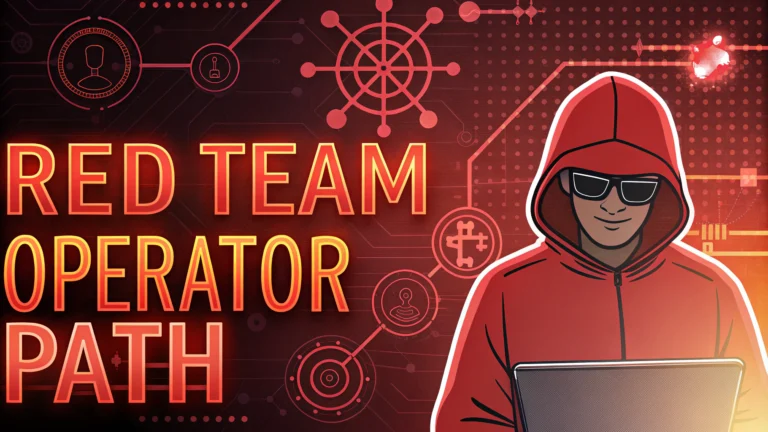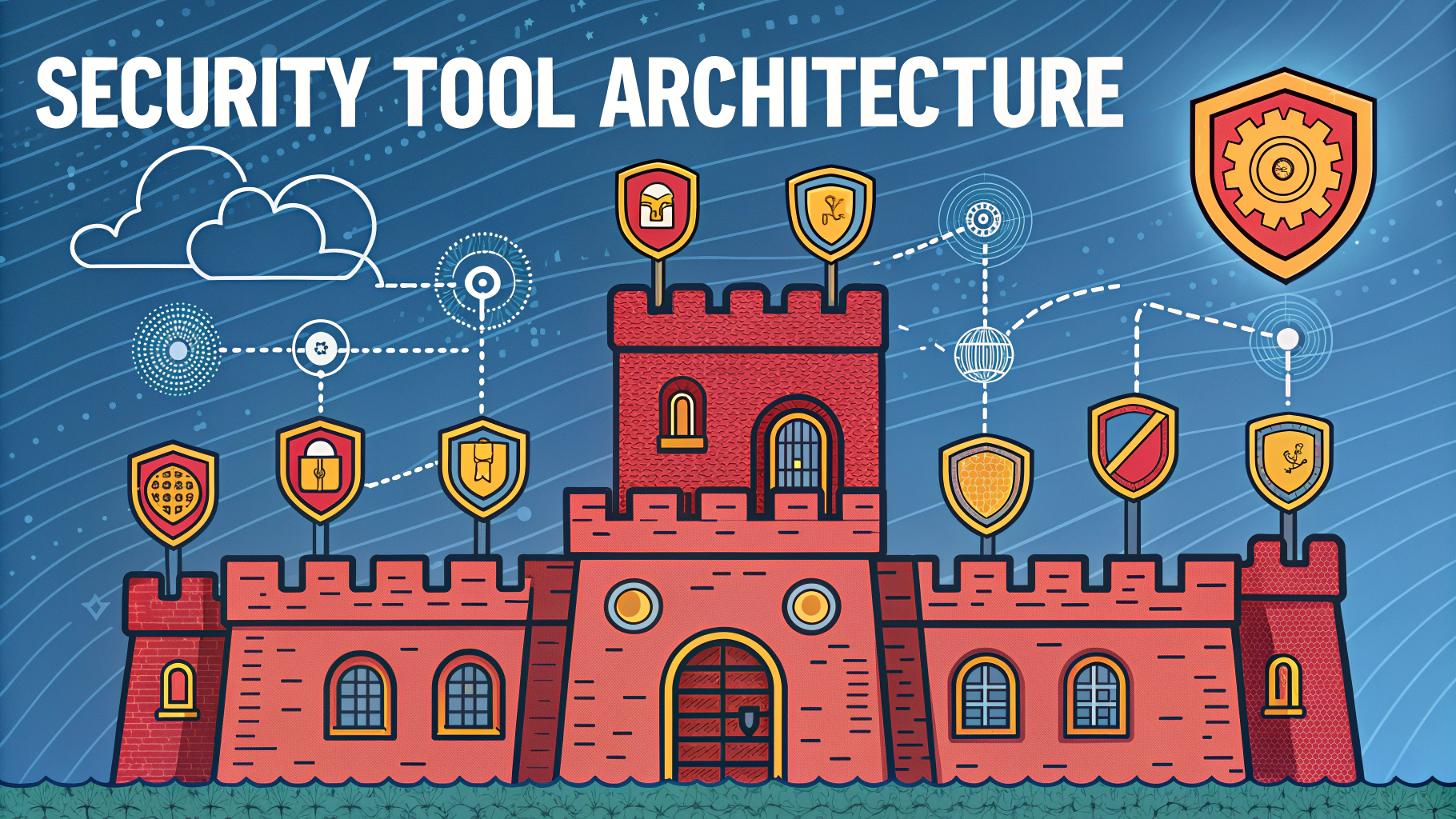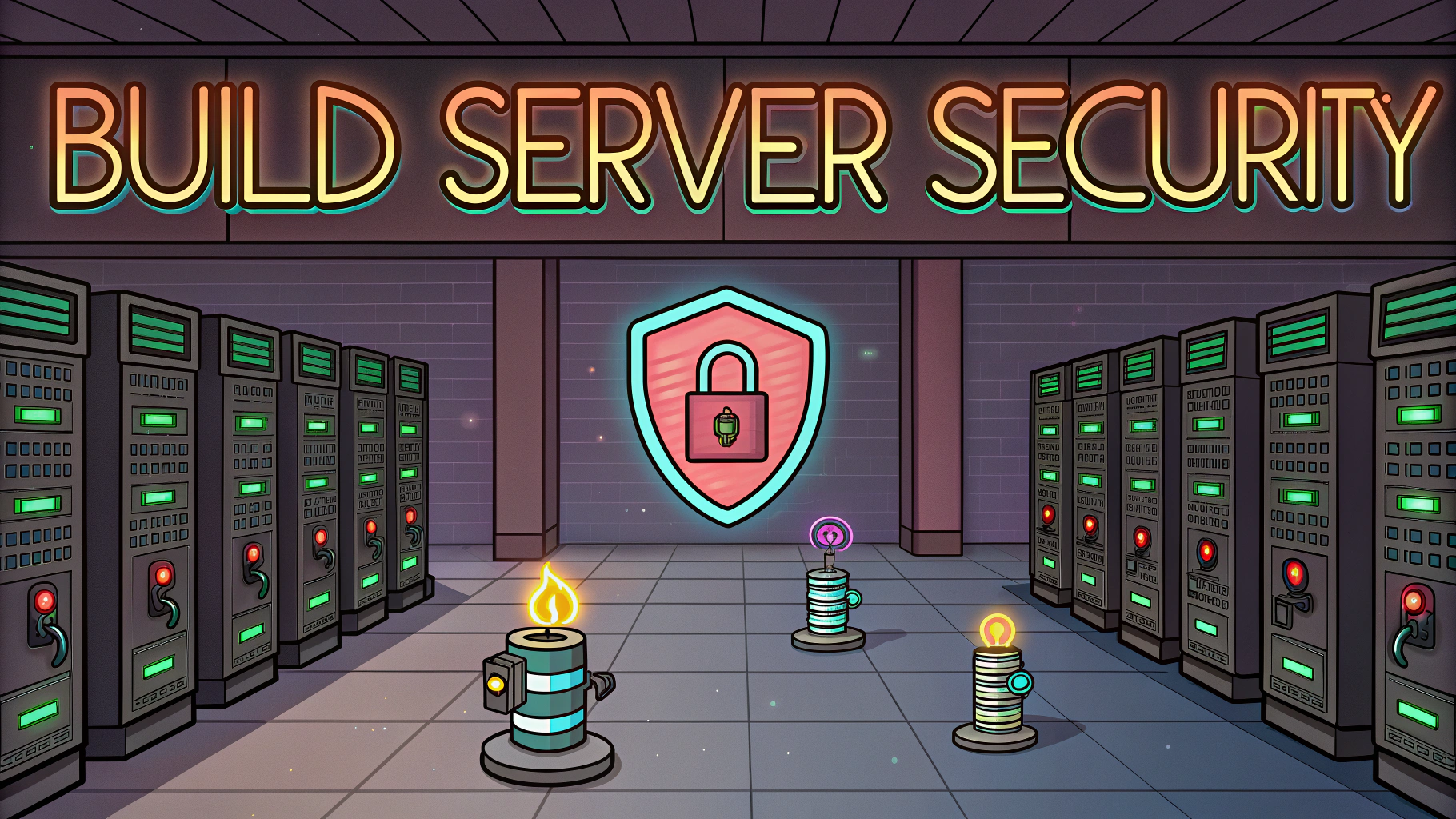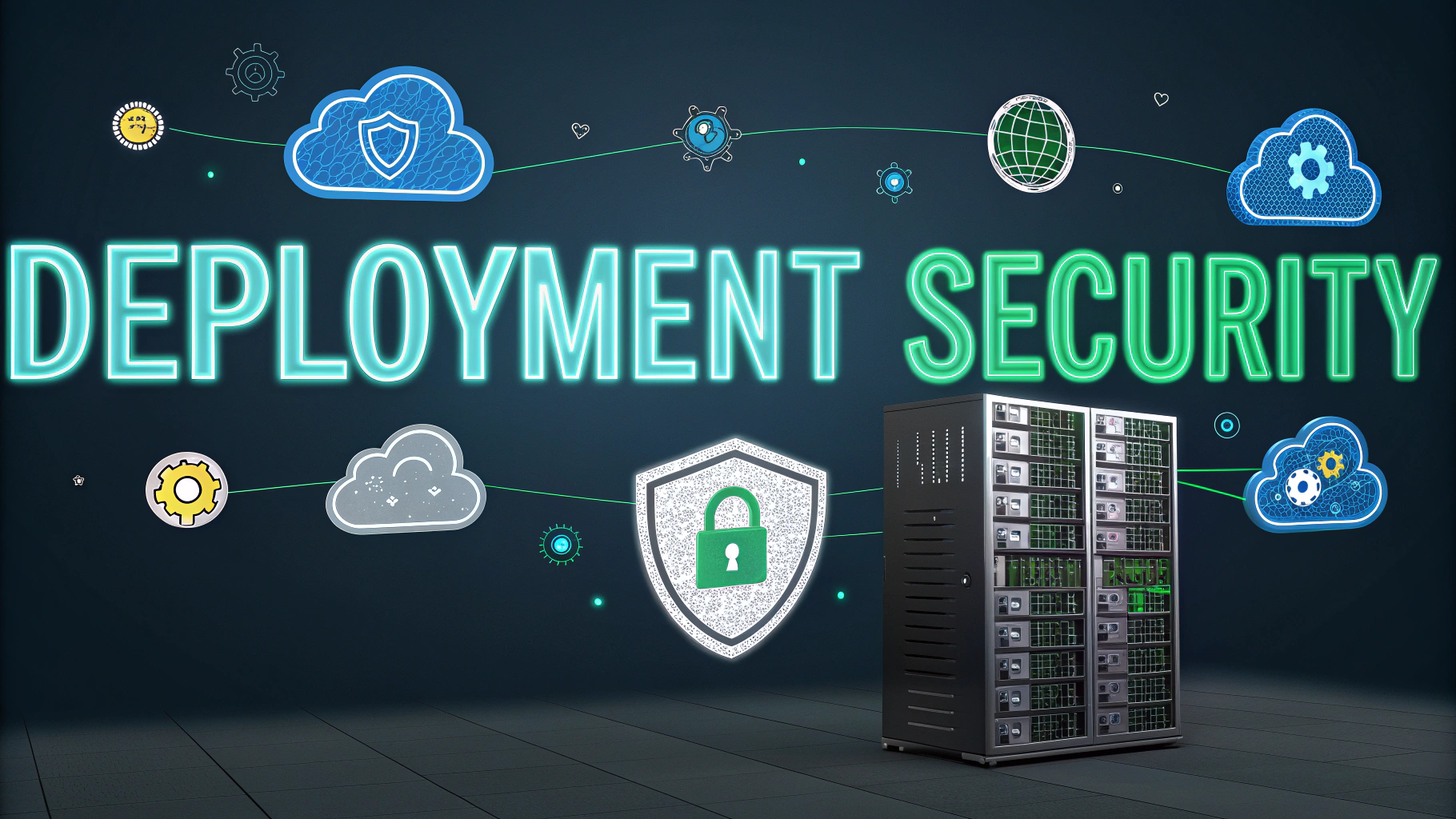Red Team Operators test organization security by simulating real-world cyber attacks using advanced tactics, techniques, and procedures (TTPs).
These professional security experts need deep knowledge across multiple domains including network penetration, social engineering, and physical security assessments.
This guide outlines key skills, certifications, and career paths for aspiring Red Team Operators looking to break into this specialized cybersecurity role.
Core Skills Required
Strong programming abilities in Python, Ruby, PowerShell and other scripting languages form the foundation for developing custom attack tools.
- Network protocols and infrastructure
- Operating system internals (Windows, Linux)
- Web application security
- Wireless network testing
- Physical security bypass techniques
- Social engineering methods
Essential Certifications
- OSCP (Offensive Security Certified Professional) – Industry standard for penetration testing
- CRTP (Certified Red Team Professional) – Advanced Windows attack techniques
- GPEN (GIAC Penetration Tester) – Network penetration testing focus
- CREST – Internationally recognized penetration testing certifications
Career Progression Path
- Start with SOC Analyst or Security Engineer role
- Move to Penetration Tester position
- Specialize in Red Team Operations
- Advance to Red Team Lead/Manager
Training Resources
- Hack The Box – Hands-on penetration testing labs
- Offensive Security – OSCP certification and training
- Pentester Academy – Red team specific courses
- VulnHub – Free vulnerable virtual machines
Tools of the Trade
| Category | Tools |
|---|---|
| Reconnaissance | Nmap, Recon-ng, Maltego |
| Exploitation | Metasploit, Cobalt Strike, Empire |
| Post-Exploitation | Mimikatz, PowerSploit, BloodHound |
Building Your Skills
Set up a home lab with vulnerable machines to practice attack techniques safely and legally.
Join online communities like /r/netsec and Discord Hack to learn from experienced professionals.
Document your testing methodologies and maintain detailed reports of your practice engagements.
Next Steps for Success
Start with basic penetration testing certifications and gradually work up to specialized red team training.
Build a portfolio of documented lab exercises and CTF (Capture The Flag) challenge completions.
Network with professionals through conferences like DEF CON, Black Hat, and local security meetups.
Maintaining Professional Growth
Successful Red Team Operators continuously update their skills to stay ahead of evolving threats and defensive measures.
- Subscribe to security research blogs and newsletters
- Participate in bug bounty programs
- Contribute to open source security tools
- Present findings at industry conferences
Advanced Specializations
Cloud Security Testing
Focus on AWS, Azure, and GCP attack vectors and misconfigurations.
IoT Security Assessment
Evaluate embedded systems, firmware, and hardware vulnerabilities.
Mobile Application Testing
Target iOS and Android platforms using specialized tools and techniques.
Team Integration
Red Team Operators must effectively collaborate with:
- Blue Team defenders
- Security management
- Development teams
- Compliance officers
Advancing Your Red Team Career
Success in red teaming requires continuous learning, practical experience, and professional networking. Focus on:
- Building a strong technical foundation
- Developing custom tools and frameworks
- Contributing to the security community
- Maintaining ethical standards and professional integrity
Remember that red teaming is about improving organizational security through realistic attack simulations and actionable recommendations.
FAQs
- What qualifications do I need to become a Red Team Operator?
Typically, you need a bachelor’s degree in cybersecurity, computer science, or related field, along with certifications like OSCP, CRTP, OSCE, or CRTE. Practical experience in penetration testing and security assessment is essential. - What’s the difference between Red Team Operations and standard penetration testing?
Red Team Operations are more comprehensive, involving stealth, persistence, and simulation of real adversary tactics, while standard penetration testing focuses on finding vulnerabilities within a defined scope and timeframe. - Which programming languages should Red Team Operators know?
Python, PowerShell, and Bash are essential. Knowledge of C/C++, JavaScript, and Ruby is beneficial for exploit development and post-exploitation activities. - What tools are commonly used in Red Team Operations?
Common tools include Cobalt Strike, Metasploit, Burp Suite, Nmap, BloodHound, PowerSploit, and custom-developed tools for specific operations. - How important is knowledge of MITRE ATT&CK framework for Red Team Operators?
MITRE ATT&CK knowledge is crucial as it provides a comprehensive matrix of adversary tactics and techniques, helping operators simulate realistic attack scenarios and validate defense mechanisms. - What physical security skills are needed for Red Team Operations?
Skills in lock picking, RFID cloning, social engineering, and physical bypass techniques are important for comprehensive Red Team assessments that include physical security testing. - How do Red Team Operators maintain stealth during operations?
Operators use techniques like traffic tunneling, payload obfuscation, living-off-the-land binaries (LOLBins), and avoiding detection by mimicking legitimate network traffic patterns. - What reporting skills are required for Red Team Operations?
Strong technical writing abilities, documentation skills, and experience with report generation tools are needed to effectively communicate findings, attack paths, and remediation recommendations to stakeholders. - How do Red Team Operators stay current with evolving threats and techniques?
Through continuous learning, participating in CTFs, following security researchers, attending conferences, and regularly practicing new exploitation techniques in lab environments. - What legal considerations must Red Team Operators be aware of?
Understanding scope agreements, proper authorization, data protection laws, and maintaining documentation of permissions are essential to avoid legal issues during operations.







